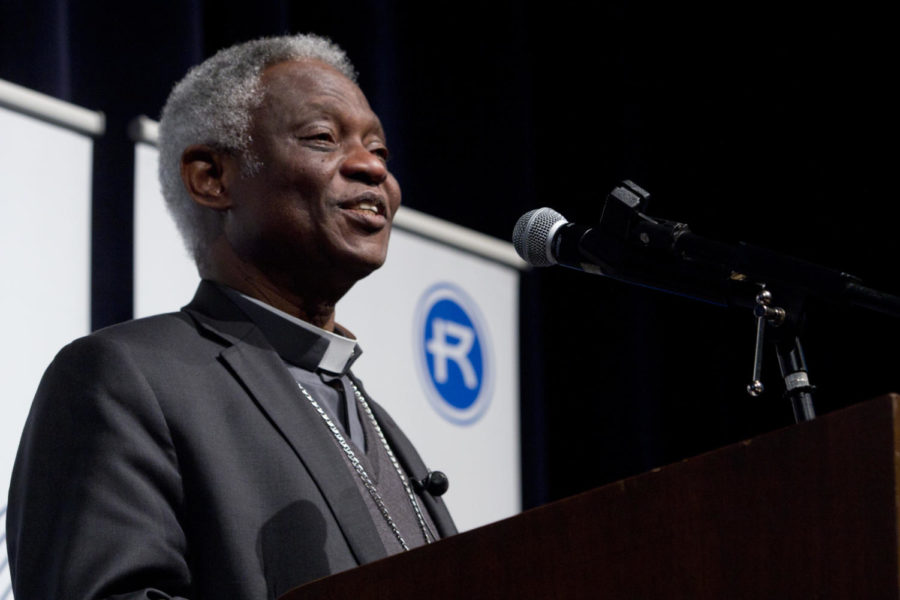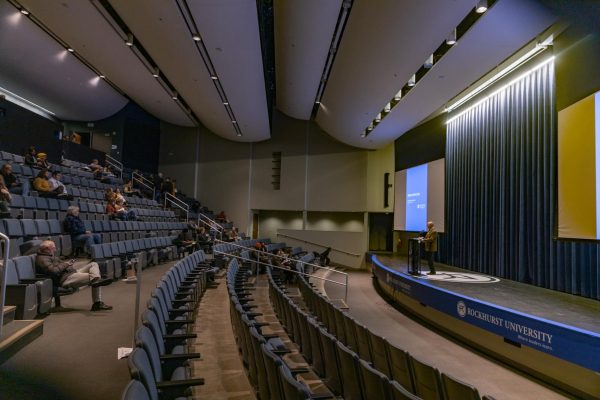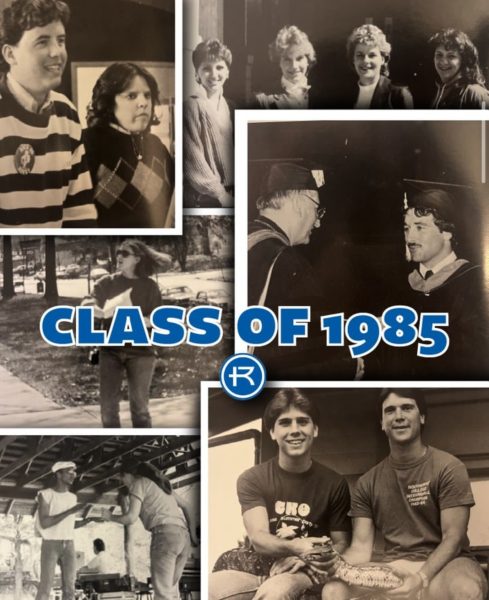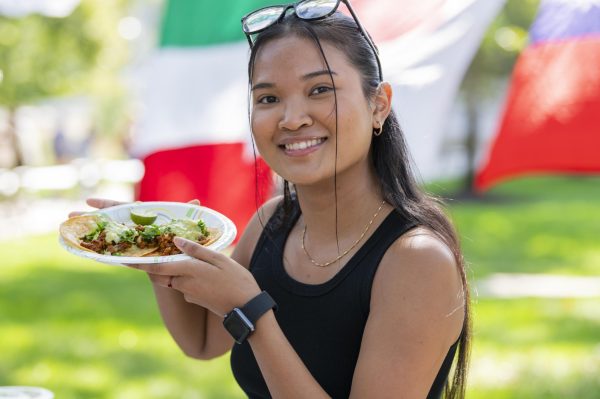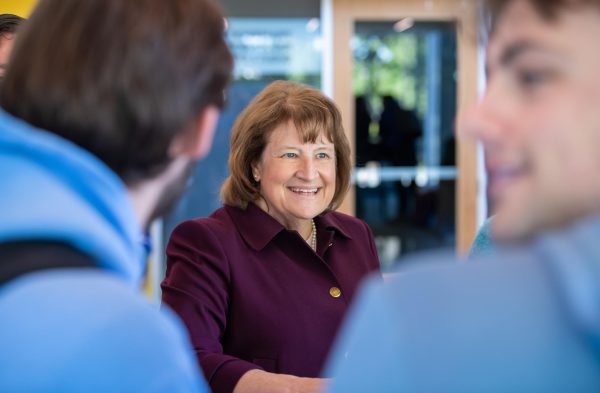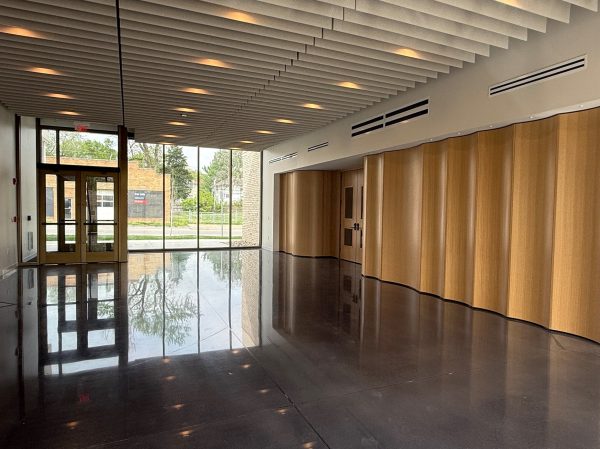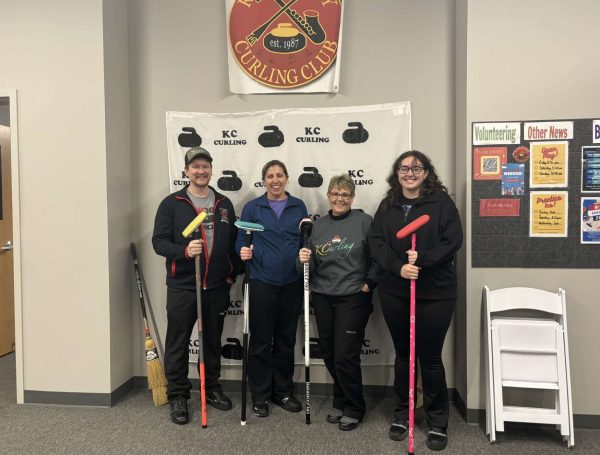A Cardinal-Prefect counsels Rockhurst on the case for humanitarian care
On January 17, Cardinal Peter Turkson presented at Rockhurst via the Visiting Scholar Lecture Series. Turkson’s lecture was titled “The Plight of Refugees in the World Today.”
Prior to the lecture, Arrupe auditorium was buzzing with energy. Nearly every seat was filled with students, faculty, staff and visitors. Craig Prentiss, series’ committee director, welcomed everyone, and Father Curran, President of Rockhurst, introduced Turkson.
Turkson opened by sharing about himself, then he dove into a history lesson on the relationship between the papacy, which is the authority of the Pope, and Integral Human Development.
Turkson emphasized that the greatest concern of the Church is the “social development of humankind.” He explained his title as Prefect of the Dicastery for the Promotion of Integral Human Development and the purpose of this office, which is to “welcome, protect and integrate refugees,” Turkson said.
The offices of Health Care Workers, Cor Unum, Justice & Peace, and Migrating & Itinerant People are combined into one dicastery, a department of the Vatican City through which the Pope directs the Church. The office functions by researching and then distributing that gained knowledge from the top down, providing it to local churches and institutions, such as Rockhurst.
Turkson emphasized that the Church’s primary concern in the world is not government but the people, propelling the Church to assist in regions to which refugee populations have been fleeing, such as Ghana, Uganda, Bangladesh, Colombia, Brazil and the United States.
Following Turkson’s lecture, audience members were invited to write down questions for him, and the queries all centered around the word “how.” The questions were gathered, and they were used by Mike Stellern, Rockhurst Professor of Economics, to conduct a crowd-sourced interview.
The Political How
Turkson is in touch with the spirit of hopelessness that affects people who desire to help immigrants and refugees but feel they are restricted socio-politically.
When the topic of refugees in America was broached, some audience members mumbled in frustration or chuckled at the idea of President Trump’s administration welcoming refugees.
It was apparent that Turkson wanted to avoid talking about politics, so he only hinted at the notion of political tension toward refugees and he lightheartedly encouraged his listeners to not despair because of politicians.
“It is not right to uphold a political system to the detriment of a human person,” Turkson said.
The Financial How
One audience member asked why the United States should focus on “outsiders” when “insiders,” Americans, are suffering. Within this question, too, there was an emphasis on how it would be economically and fiscally possible for the United States to aid others without creating debt.
Approaching the question from a moral perspective, as opposed to one grounded in finances, Turkson said, “Helping migrants is not a result of superabundance of superfluity but [is] the need to imitate God’s charity.”
The Individual How
Turkson focused on actions taken by countries and larger organizations to aid refugees worldwide, such as the Jesuit Refugee Service. He also spoke on the responsibilities of individuals, particularly with his response to the lecture’s final question, which asked what we, members of the Rockhurst community, can do in Kansas City.
“Recognizing that man is not determined by any particular experience he might find himself in,” Turkson said, emphasizing the importance of acknowledging the dignity of all people, regardless of their background. He emphasized that his answer is “not to be prescriptive,” or tell the audience exactly what they ought to do, but to inform them.
Turkson’s lecture could be perceived as confounding, and even frustrating, but his message was quite clear: members of Rockhurst, and the surrounding community, should treat every person with dignity, and with dignity comes kindness and respect—a profound and resounding memorandum with which to start 2019.
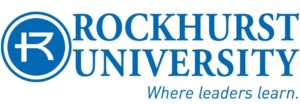
Interested in joining the Sentinel staff? Reach out to our Editor, Kori Hines, at [email protected] to see how you can get involved.


